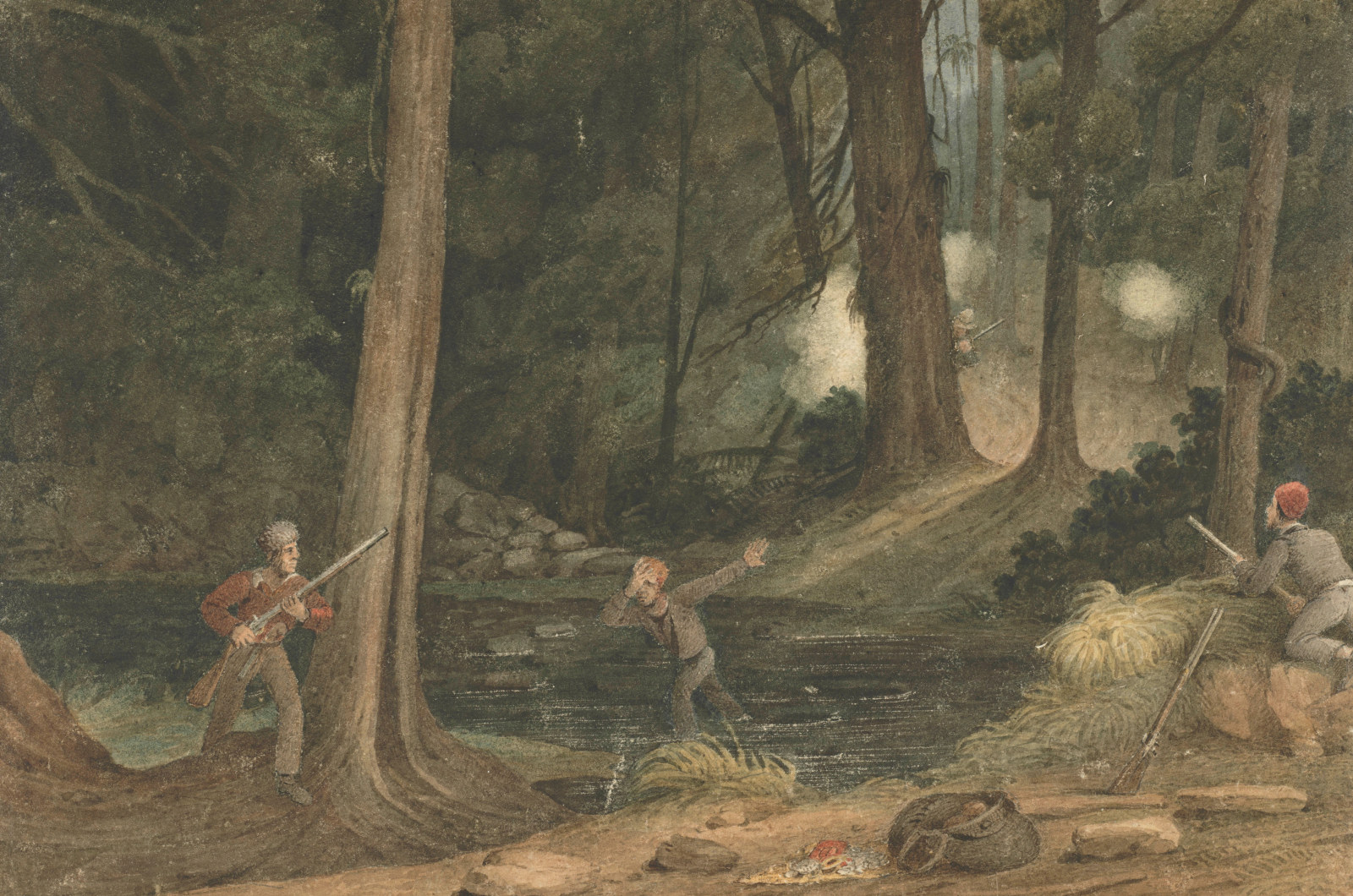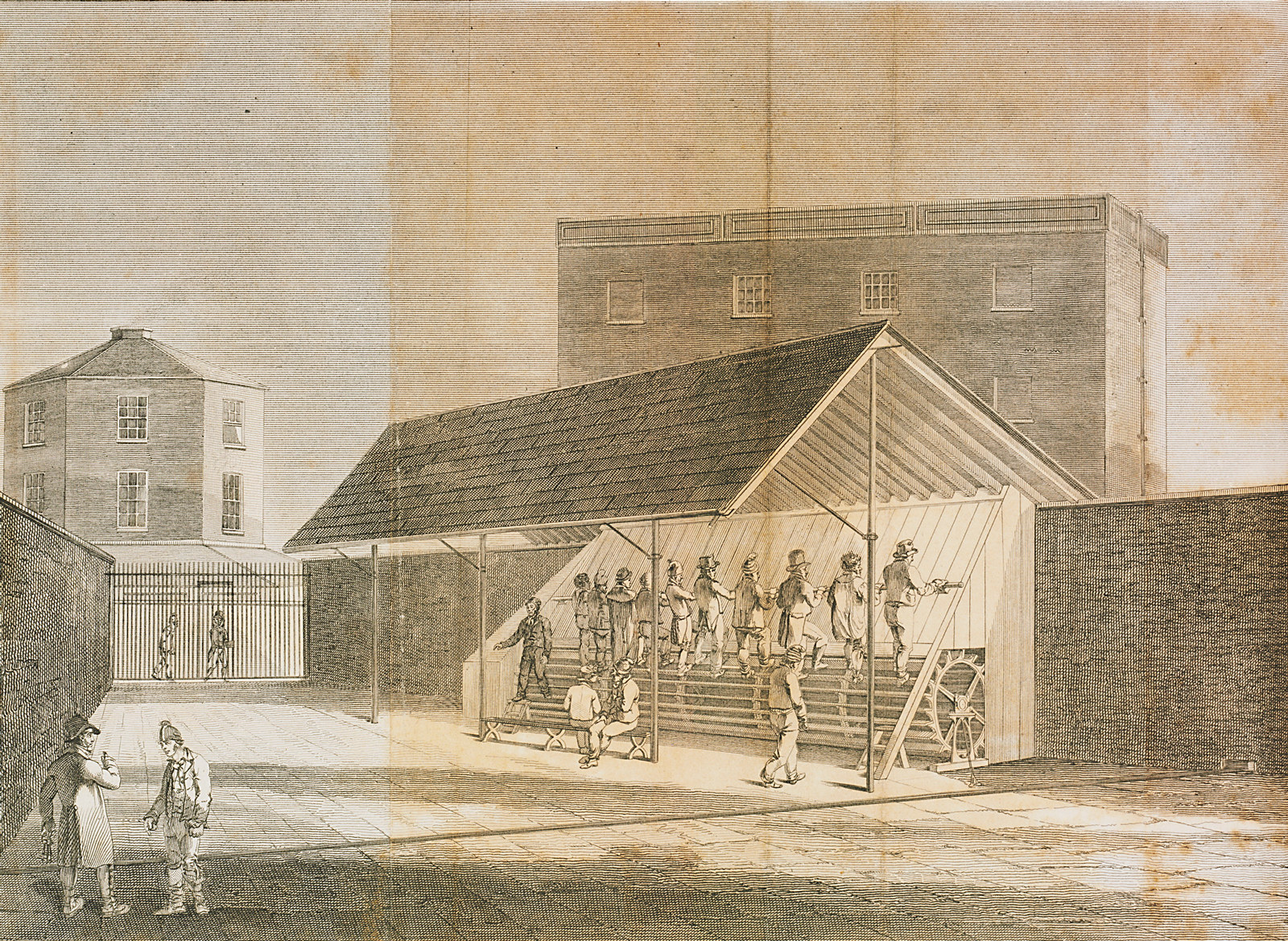Dennis Dogherty
Arrived 183- on the Aurora
Deserter
Not even men in uniform were spared the gruelling punishment of transportation. Desertion from the military was regarded as a serious crime, as Irishman Dennis Dougherty found out.
Dennis Dougherty (also Dogherty) was a 19-year-old soldier from Londonderry, Ireland, when he deserted his regiment on its way to India in early 1833. Captured soon after, he was court-martialled and sent to New South Wales on the Aurora. Life in the colony was hard. As a gang worker at the Hyde Park Barracks, Dougherty was repeatedly flogged for running away, assault and disobedience. Following a series of failed escapes, and convictions for bushranging and robbery, he was finally sentenced to a stint at the notorious Port Arthur. By all accounts Dougherty fought the system every step of the way. After almost 43 years as a convict, and despite his reputation as one of the most troublesome in the colony, Dougherty got his ticket of leave in 1876.
Other convicts might have described Dougherty as: croppy, galloot, swoddy, scurf’d, boned, done, grab’d, nibb’d, pulled up, bolter, rump’d, pebble, tobyman, scamp, ticketer. See our glossary of Flash language (convict slang words) to find out what these words mean.
Related

Convict Sydney
A world of pain
The combined aims of the assignment system, from 1826 onwards, were to equip farmers with cheap convict labour, to disperse convicts away from towns (and other convicts) and to keep an eye on each worker’s whereabouts and treatment
Published on
Convict Sydney
Browse all
Convict Sydney
Convict punishment: the treadmill
As a punishment, convicts were made to step continuously on treadmills to power wheels that ground grain

Convict Sydney
Molesworth report
The findings of the 1837 Molesworth inquiry brought about the end of convict transportation to New South Wales

Convict Sydney
Francis Macnamara
With their ‘flash’ slang words, convicts could undermine the control of the authorities. The rebellious verse of Macnamara, who clearly had the gift of the gab, must have struck a chord with his fellow convicts

Convict Sydney
William Ockenden
Although the authorities frowned on it, gambling at the barracks and in public houses was common among the convicts. Ockenden seems to have made it an art form